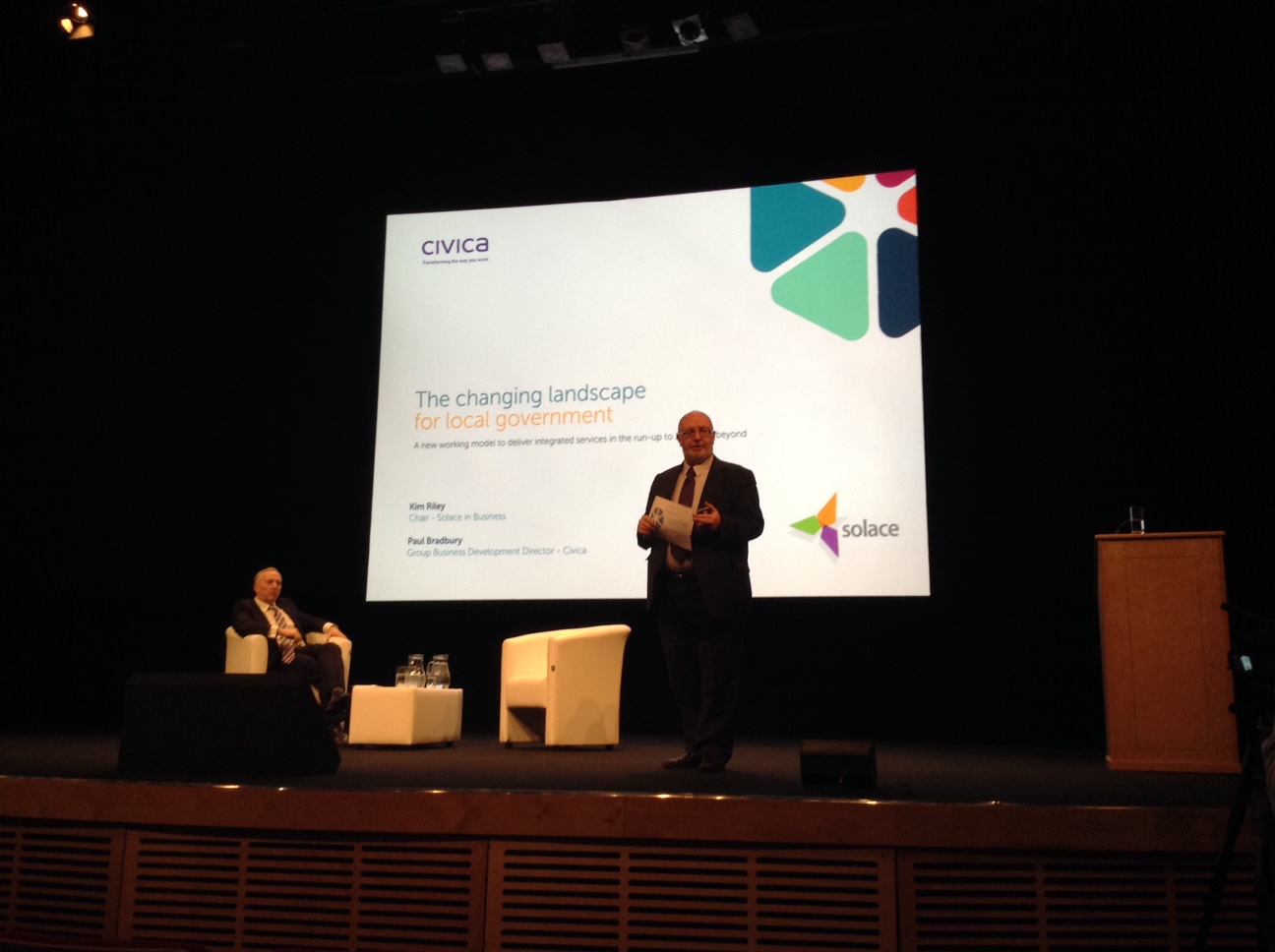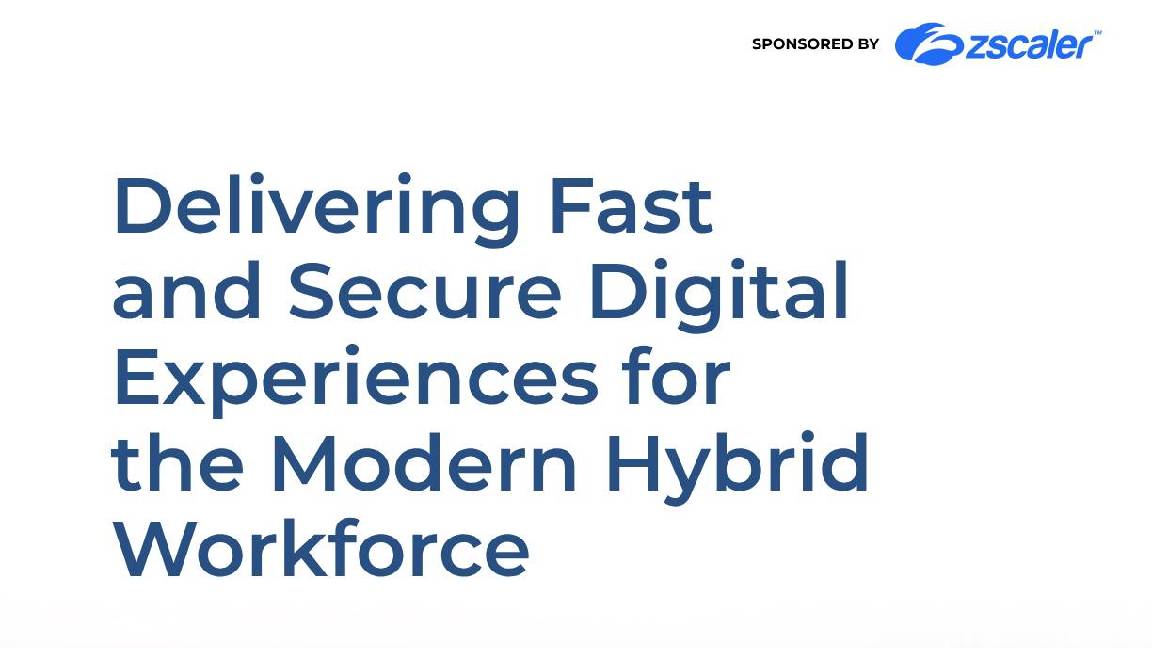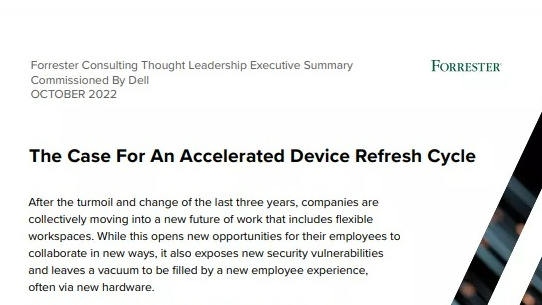Local government urged to embrace the digital age
Low public spending will define councils for a generation to come, warns Solace

Austerity will define local government IT for another 30 years, a public sector body has warned.
Councils are expected to absorb another round of government-imposed cuts in 2015/16, but public spending will remain low for a generation to come, according to local authority body Solace (Society of Local Authority Chief Executives).
Speaking at Civica Expo 2015, Solace's business chair, Kim Ryley, said: "Austerity is the new normal, it's going to be with us for a generation, probably 25, 30 years, because there's going to be no real growth in public service spending once cuts hopefully start to level off around 2020."
Instead, councils already battered by requirements to cut millions from their budgets will have to do more with scarcer resources in future, he added, as the UK slowly recovers from the effects of the credit crunch.
However, a "technological revolution" over the next decade will help councils transform to cope with the new demands, Ryley told delegates in Manchester.
He said: "Underpinning all of that is a technological revolution happening at the speed where in the next 10 years it will [achieve] what took the industrial revolution 100 years to achieve, in terms of a profound shift in the way we operate and work."
This new, digital-first model of public service delivery will affect communication, citizen engagement and collaboration, but will require local government to make some tough changes.
Get the ITPro daily newsletter
Sign up today and you will receive a free copy of our Future Focus 2025 report - the leading guidance on AI, cybersecurity and other IT challenges as per 700+ senior executives
Firstly, councils must change citizens' perceptions of what can be provided. That means local authorities must "wean people off public services they don't really need, and frankly we can no longer afford to provide for them," said Ryley.
Civil servants must also become more digitally savvy if they wish to survive the revolution, he added, saying: "The reskilling of our staff is still underestimated. Many of us are assuming we'll keep most of our current staff with us.
"What I see happening in 10 years is us having the need for a quite fundamentally different workforce to the one that we've got currently.
"Either we have people adapt and go with us on that journey or we're going to need a new set of workers able to work effectively and comfortably in that environment."
His comments came shortly after public sector IT outsourcer Civica released research into the views of 80 council leaders on digital transformation.
The survey, carried out by Opinion Matters, found that just 51 per cent of authorities believe they will be completely paperless by 2025, while only 46 per cent will provide secure web portals to support online interaction with citizens.
Meanwhile, only one-third of respondents said they plan to communicate with citizens via social media, email, phone and live chat from any device.
Civica business development director Paul Bradbury said IT suppliers must work with council customers to ensure they do not create a digital divide in communities.
"What role will the private sector have in addressing the vulnerable individuals who don't today have access to digital technologies or are uncomfortable with it or are unsure on how to do that?" he said.
"There's a real risk that we start to create a divide in communities if we don't find a way of working with our public sector partners to address that."
Those findings follow Labour's report into digital government in December, which recommended the party improve the level of tech skills within departments and local government if it wins May's general election.
And James Mansfield-Sturgess, IT technical architect at Buckinghamshire County Council, told IT Pro the authority already has a strong focus on digital, and has moved much of its infrastructure to the cloud.
"[Digital is] very much the message we get from our senior management, people are very aware of that," he said. "You can have a restructuring of your staff, but unless you actually change processes, you change technology, you can't do it."
He added the council views digital as a way to improve services, rather than simply a cost-cutting measure, even though spending cuts initially prompted the council to consider the option.
"All those essential working processes are being looked at," he said. "We ask: how can we get them designed in a digital way, which will deliver savings while at the same time hopefully improving services for our residents, and they don't see them as cuts?"
Picture: Solace for Business chair Kim Ryley at Civica Expo 2015
-
 CISA issues warning in wake of Oracle cloud credentials leak
CISA issues warning in wake of Oracle cloud credentials leakNews The security agency has published guidance for enterprises at risk
By Ross Kelly
-
 Reports: White House mulling DeepSeek ban amid investigation
Reports: White House mulling DeepSeek ban amid investigationNews Nvidia is caught up in US-China AI battle, but Huang still visits DeepSeek in Beijing
By Nicole Kobie
-
 'Digital hide-and-seek': Workers are wasting hundreds of hours a year sourcing the information they need to carry out their role
'Digital hide-and-seek': Workers are wasting hundreds of hours a year sourcing the information they need to carry out their roleNews Knowledge workers globally are wasting a quarter of their working week tracking down information, new research from Atlassian has revealed.
By George Fitzmaurice
-
 Untethered: How CIOs and CISOs are paving the way for the new hybrid workforce
Untethered: How CIOs and CISOs are paving the way for the new hybrid workforceWhitepaper Effective techniques to transition from exposed legacy infrastructure to an effective zero trust strategy
By ITPro
-
 Unlocking the power of your digital services
Unlocking the power of your digital servicesSponsored Businesses have invested significant cash into technology since COVID-19, but are they really getting their money's worth?
By ITPro
-
 Delivering fast and secure digital experiences for the modern hybrid workforce
Delivering fast and secure digital experiences for the modern hybrid workforceWhitepaper A new approach to digital experience monitoring that can monitor the health of all systems
By ITPro
-
 Collaboration is the glue that holds your business together
Collaboration is the glue that holds your business togetherSPONSORED A combination of productivity tools and cloud telephony can enable the best from your workforce
By ITPro
-
 The future of work and the forgotten workforce
The future of work and the forgotten workforcewhitepaper How to deploy a mobile-first strategy so no one gets left behind
By ITPro
-
 The case for an accelerated device refresh cycle
The case for an accelerated device refresh cycleWhitepaper Achieving a more cost-effective device lifecycle overall
By ITPro
-
 Employees are choosing how they work
Employees are choosing how they workWhitepaper And with the right secure digital strategy, this could be a great thing for your business: today and far into the future
By ITPro